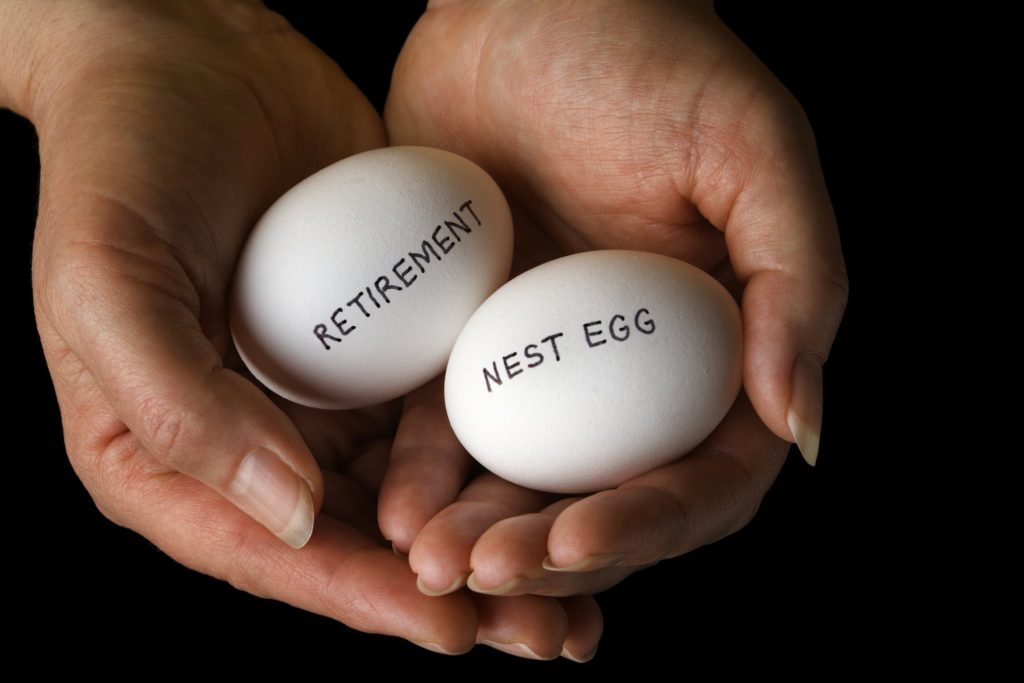
You’ve probably had a daily routine for most of your life – from tying your tie and greeting your coworkers to loosening that tie when you get home. When thinking about retirement, not only does your daily routine change but your financial routine does too. In your working years, you made sure to have a savings and wealth accumulation plan. Your retirement goals were focused on building wealth, but now, your goal is to spend it efficiently. When you’re going back to school on your retirement, you’ll recognize that that’s a much different request to ask of your financial plan!
Net Worth Versus Income
When it comes time to switch from earning income externally to paying yourself, you should look at your net worth and income differently. You’ve gotten used to seeing income as something external that comes to you from working and staying busy and your net worth as something you contribute to and build. Instead, think of your net worth as something that you actively tap, which informs your income, and your income as something that comes from yourself, not external sources.
What Does This Change?
Thinking about your net worth and income in this way may seem unactionable, but in practice, this comes with serious changes to how you utilize your money. All your life, you wanted to increase and maximize your income so that you could cover your costs, save, and invest for your future, with your income acting as the backbone to living and achieving your goals.
However, if you attempt to carry that mindset over to retirement, maximizing your income will leave you paying more in taxes than you need to, slashing the lifespan of the savings you worked so hard to build.
The backbone of your retirement, instead of income, is your savings and overall net worth. You’ll want to provide yourself with income from what makes up your net worth – retirement accounts, dividend investments, rental properties, or other assets – and use these to cover your costs, but since you’ve already saved up and built your net worth, any excess income will be a dead weight on your retirement longevity.
Making the switch from saving to spending is like going from driving a car to flying a plane. It’s a whole new way to look at your finances, and there are a lot of new tools, frames of mind, and opportunities to be aware of to navigate your retirement successfully. Rather than learn the whole retirement game on the fly, risking costly mistakes, work with one of our financial professionals, so we can help guide you toward achieving your retirement goals.



